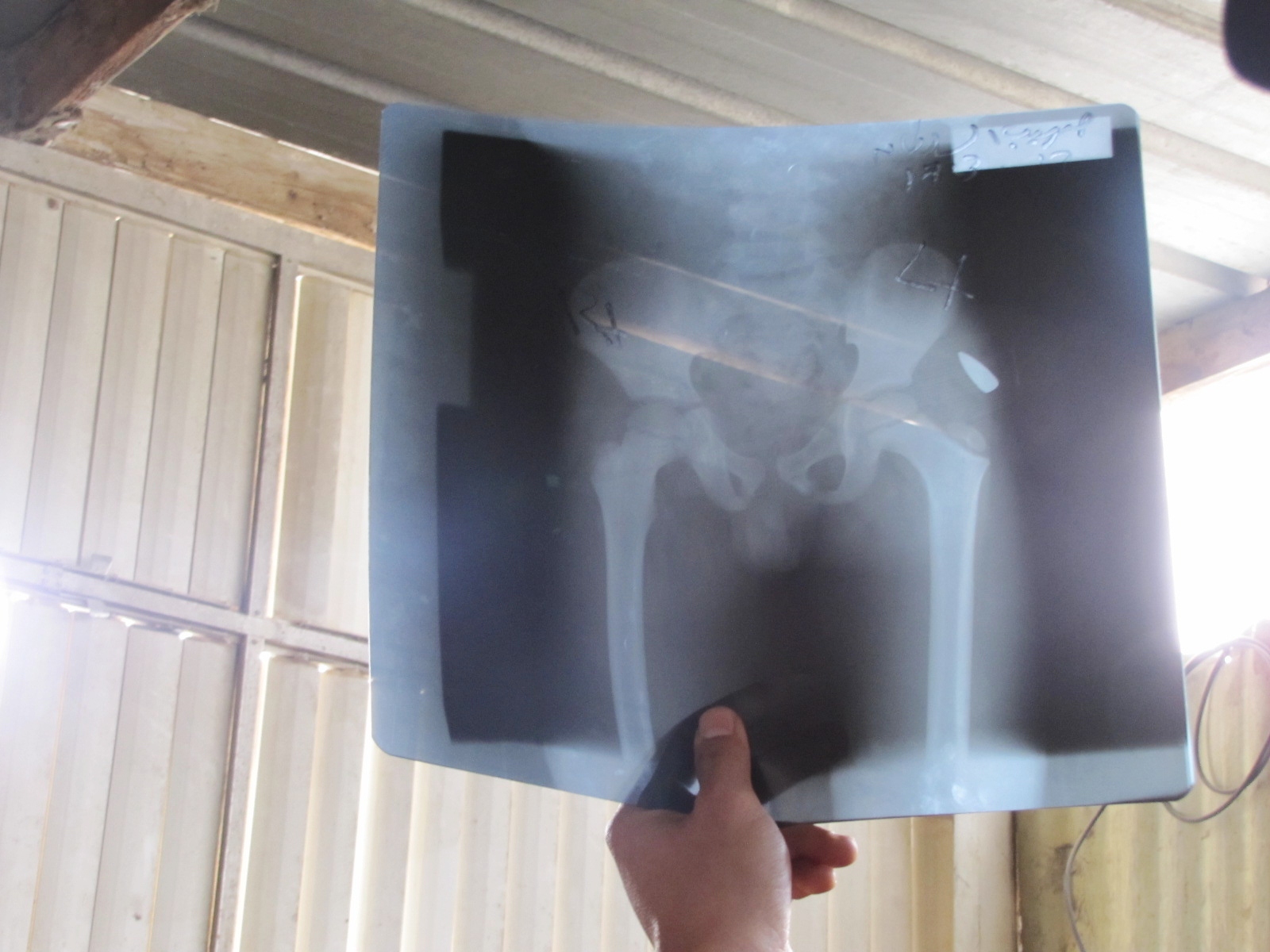Category: In the Media
-
Video: Civil resistance in Palestine
22 March 2012 | International Solidarity Movement, West Bank From Nablus, Palestine to New York City, civilians stand up to the forces of order and privilege. Palestinian villagers confront the Zionist military of the State of Israel in Kusra and Kufr Kaddoum villages near Nablus, the occupied West Bank. The Jewish international opposition expresses its solidarity with the Palestinian…
-
Settlers grab Palestinian water springs: U.N. report
by Jihan Abdallah 19 March 2012 | Reuters (Reuters) – Jewish settlers have seized dozens of natural springs in the occupied West Bank, barring Palestinians or limiting their access to scarce water sources, a United Nations report said on Monday. The U.N. Office for the Coordination of Humanitarian Affairs (OCHA) said it had surveyed 530…
-
Sohaib, 6 years old, injured by an Israeli bullet
by Rosa Schiano 20 March 2012 | il Blog di Oliva On Saturday evening around 7pm, Israeli soldiers opened fire on the edge of Karm Abu Salem, east of Rafah, southern Gaza Strip. Sohaib Sultan, 6 years old, was playing at home with his brothers when he was injured by one of the bullets on…


